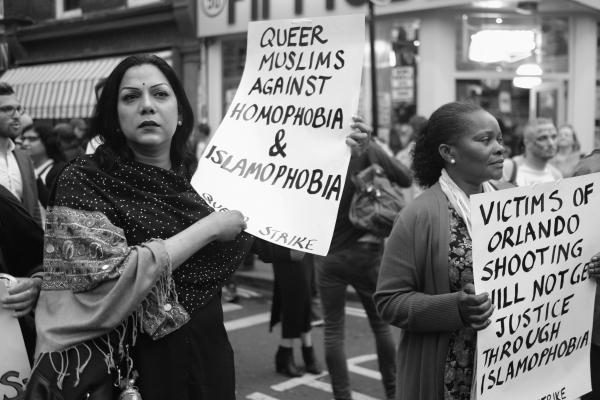Jun 15, 2016
Being unified in our differences does not suggest a singularity of identity or privilege the normalization of one identity over another. We must find earnest ways to harness our imagination to live into a moral excellence that is at root the active affirmation of the differences of one another. This is seen in affirming Muslim identities, queer identities, Christian identities, and Latin@ identities simultaneously.
We have to stretch with the differences that are pushing us into new contours of relationality, that motivate revolutionary love.
Read the Full Article

Already a subscriber? Login
